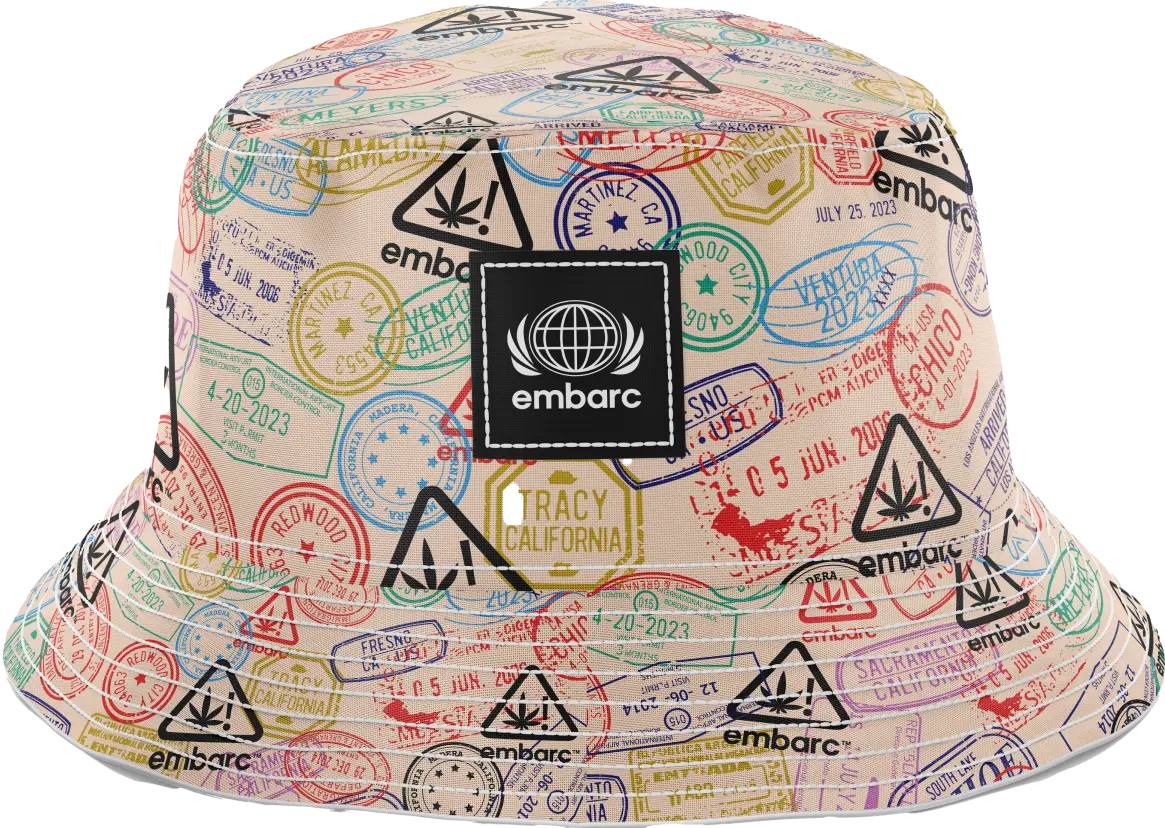Become a member, unlock daily deals!Join for Free
10,000+
5-STAR
REVIEWS
5-STAR
REVIEWS
VERIFIED,
FRESH
CANNABIS
FRESH
CANNABIS
1% BACK
TO EACH
COMMUNITY
TO EACH
COMMUNITY
1M+
HAPPY
CUSTOMERS
HAPPY
CUSTOMERS
🤘Popular at Embarc
Check out what's popular in the shop...
🤝All-in-one Vapes
Check out what's new in the shop...
🔥Infused Prerolls
Check out what's new in the shop...
😴Sleep Essentials
Check out what's new in the shop...

